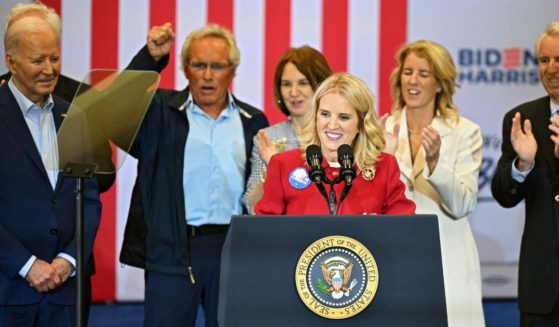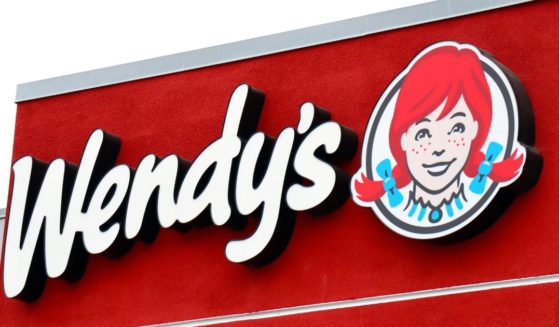FDA Pulls All Forms of Popular Heartburn Drug Zantac from the Market, Warns of 'Impurities'
The Food and Drug Administration announced Wednesday it is requesting that all manufacturers and sellers of a popular heartburn medication remove the drug from store shelves and halt production over potentially dangerous “impurities.”
According to an agency news release, ranitidine medication, often referred to by the common brand name Zantac, was recently discovered to contain “unacceptable levels” of a “probable human carcinogen” known as N-Nitrosodimethylamine or NDMA.
Concerned by the potentially cancerous contaminant’s presence in several over-the-counter and prescription samples of ranitidine, the FDA officially called for a total and immediate withdrawal of the drug from U.S. markets.
“The FDA is committed to ensuring that the medicines Americans take are safe and effective,” Center for Drug Evaluation and Research Director Dr. Janet Woodcock said.
“We didn’t observe unacceptable levels of NDMA in many of the samples that we tested,” Woodcock added. “However, since we don’t know how or for how long the product might have been stored, we decided that it should not be available to consumers and patients unless its quality can be assured.”
⚠️FDA requests market withdrawal of all remaining prescription and OTC ranitidine (Zantac) products on the U.S. market. This means that ranitidine will not be available for use in the U.S. https://t.co/kfcW0wlHo6 pic.twitter.com/IvrLcmrMn5
— FDA Drug Information (@FDA_Drug_Info) April 1, 2020
The Wednesday announcement came after months of governmental and independent testing of the product.
According to the agency, initial concerns had been raised regarding potentially unhealthy levels of NDMA in ranitidine when unnamed third-party laboratories made the discovery, prompting months of further FDA investigation.
An FDA advisory regarding the potential dangers of the drug was released in November as the agency awaited further developments.
Testing results released upon closure of the investigation reportedly revealed unhealthy levels of the impurity are not present in all, or even most, samples of the drug.
Impurity levels were shown to increase with time, however, particularly when shelved samples of the drug were stored in high temperatures which may be associated with both the drug’s “distribution and handling by consumers.”
We found N-nitrosodimethylamine (NDMA) levels in some ranitidine products increase with time and temperature posing a risk to consumers, and therefore requested the withdrawal of all ranitidine products from the U.S. market. Learn more ⬇️ https://t.co/r8ZGZXTHra
— FDA Drug Information (@FDA_Drug_Info) April 1, 2020
Zantac and similar ranitidine antacid generics are prescribed 15 million times a year and have been for nearly a decade, USA Today reported in November.
The drug has been on the market since its approval in 1984, with expert pharmaceutical and health concerns failing to crop up until 2016.
Those taking the drug in its over-the-counter form were warned against continued use Wednesday and told to dispose of their remaining dosages. Individuals with a prescription were advised to speak to their doctors before halting usage.
“There are multiple drugs approved for the same or similar uses as ranitidine that do not carry the same risks from NDMA,” the FDA news release read, listing potential replacements like Pepcid, Tagamet, Nexium, Prevacid and Prilosec.
To date, agency testing has not revealed unhealthy levels of NDMA in any of the those alternatives.
Truth and Accuracy
We are committed to truth and accuracy in all of our journalism. Read our editorial standards.











